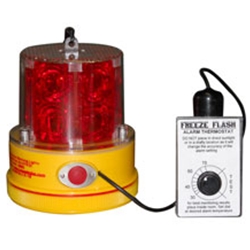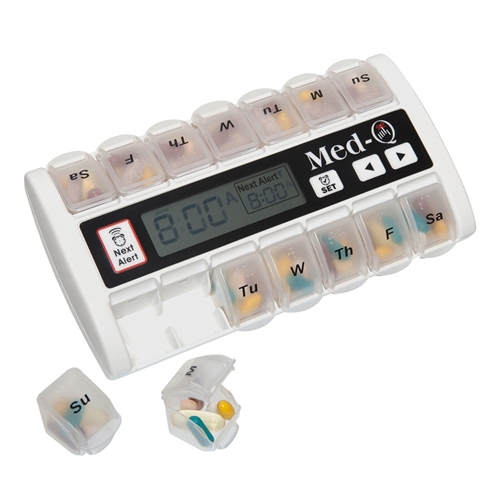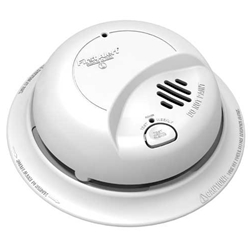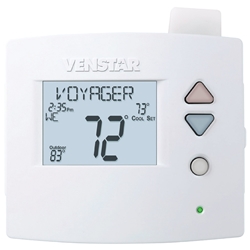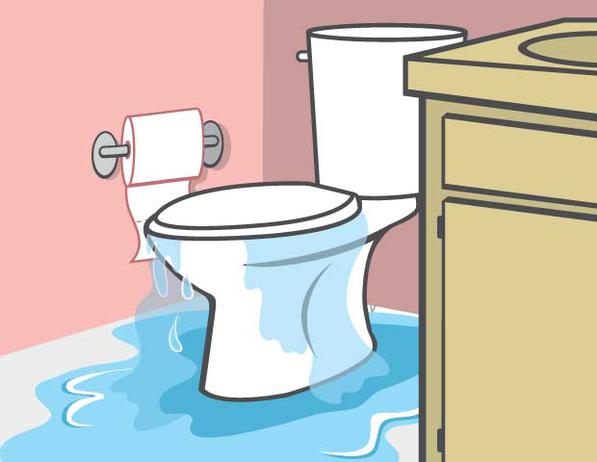 Winter is in full swing in many parts of the country. This means seniors are at an increased risk for accidents, injuries and other emergencies when temperatures drop. We’ve put together a list of our top tips for families, friends or neighbors looking to help their favorite seniors stay safe, comfortable and healthy no matter what kind of weather Mother Nature dishes out!
Winter is in full swing in many parts of the country. This means seniors are at an increased risk for accidents, injuries and other emergencies when temperatures drop. We’ve put together a list of our top tips for families, friends or neighbors looking to help their favorite seniors stay safe, comfortable and healthy no matter what kind of weather Mother Nature dishes out!
1) Keep the House Comfortable
Install a freeze alarm that sends alerts if the heating system fails.
Changes that come with aging can make it harder for seniors to be aware of getting cold. Equip your senior’s home with a freeze alarm. It can alert neighbors or family if the furnace fails and the indoor temperature plummets. There are many affordable devices. AÂ local alarm, like the battery-powered Freeze Flash Temperature Warning Light, sits in a front-facing window and flashes red when temperatures fall to a level of your choice.
There are also call-out freeze alarms that automatically call a family member or caregiver when the indoor temperature plummets. The phone-based Homesitter freeze alarm automatically calls up to three emergency phone numbers and sounds a loud alarm if there is a drop in temperature below 45°F/7°C. Don’t worry if your senior’s home does not have landline service. A cellular freeze alarm like the MarCELL Cellular Connected Monitoring System is a good solution.
2) Manage Medications
Keep a 30-day supply of all prescriptions on hand.
Consider switching your seniors prescriptions to a pharmacy that makes home deliveries or a mail order pharmacy so no one has to venture out in bad weather. Many seniors take multiple medications at various times of day, which can be difficult to manage and risky if they get it wrong. An automated pill dispenser and medication reminder like the Med-Q White Digital Pill Box Organizer helps make sure they take the right meds at the right time. Simply program the Med-Q with your loved one and it will flash the corresponding day slot with a bright red light and blast an alarm that increases in volume until they take their pills.
3) Help Seniors Stay in Touch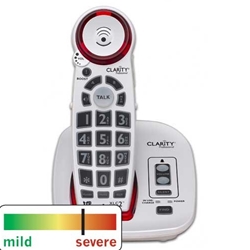
Install an amplified phone.
Seniors can feel isolated and suffer from seasonal depression when winter weather keeps them housebound. Installing an amplified telephone will allow them to stay in touch with family, friends or caregivers. Phones such as the Clarity Professional XLC2 Amplified Cordless Telephone are loud and simple to use. Features like large buttons that are easy to press and see, and speak the numbers as they are dialed, make them ideal for seniors with hearing or sight problems.
Have a weather alert radio for emergencies.
A battery-powered NOAA Weather Radio will help keep seniors informed of severe weather developments and other emergencies. Consider also keeping a hand-crank or solar-powered radio on hand in case of dead batteries or a power outage.
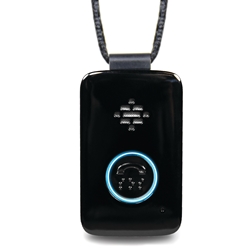 Provide a reliable way to call for help.
Provide a reliable way to call for help.
Medical alert systems are designed to give self-sufficient seniors fast access to emergency assistance. The Belle LTE Personal Alert System from ResponseNow Medical Alert Systems is ideal for todays active seniors. This cellular-based monitored alert system provides protection at home and on the go. The lightweight, waterproof pendant has a large call button, and professional ResponseNow operators are ready to offer assistance 24/7/365. For big emergencies, they can send emergency responders. The Belle+ Personal Alert System automatically detects most falls. There is also a landline option for seniors who spend the majority of their time at home.
4) Prepare for Power Outages
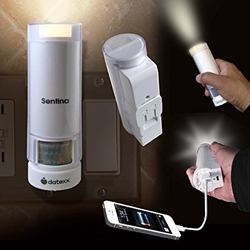 Invest in non-electric lighting.
Invest in non-electric lighting.
Make sure your senior has adequate lighting sources during power outages, including battery-powered flashlights, lanterns and extra batteries. A hand-crank flashlight works without batteries. A rechargeable nightlight like the Datexx Sentina Smart LED Light turns on automatically to provide safety lighting. Or invest in a multi-use emergency tool like the Datexx Smart Light Mobile Charger. it switches on automatically and doubles as an emergency flashlight when removed from the socket. The built-in battery also functions as a USB mobile charger.
Provide an alternative heat source.
Seniors should have a safe, non-electric way to stay warm during blackouts, such as a wood stove, kerosene heater or efficient wood-burning fireplace. But keep in mind that burning wood or kerosene can produce deadly CO gases. Make sure the area is properly ventilated and install a carbon monoxide detector and a smoke detector. Many manufacturers offer hard-wired carbon monoxide detectors that also function as a smoke detector so you can protect your senior from both threats with one device.
Keep mobile devices charged.
Staying in touch with the outside world during a power outage is important for home-alone seniors. A battery-powered charger like the iEssentials 6000mah Powerbank provides backup power and four full charges for smartphones.
5) Avoid Hypothermia
Install a WiFi thermostat.
Older adults can lose body heat faster than when they were young, and inactivity, medications and illnesses like diabetes can put them at risk of hypothermia. Seniors should stay indoors during periods of extreme cold, dress in layers and keep their home heated to between 68 and 70 degrees. Consider installing a WiFi thermostat like the Venstar T3700 Explorer Residential Digital Thermostat 2H/1C with WiFi or ZWave Capability. Seniors can adjust the heat from a tablet or smartphone without getting up, and loved ones can access the thermostat remotely and even receive alerts.
Want More Tips?
Taking these simple steps to prepare seniors for weather-related emergencies can help keep them safe, comfortable and healthy. For more tips on protecting older adults year-round, read our blog articles “Give Seniors the Tools They Need to Stay Independent,” “Water Safety for Seniors” and “Summer Safety for Seniors.”


